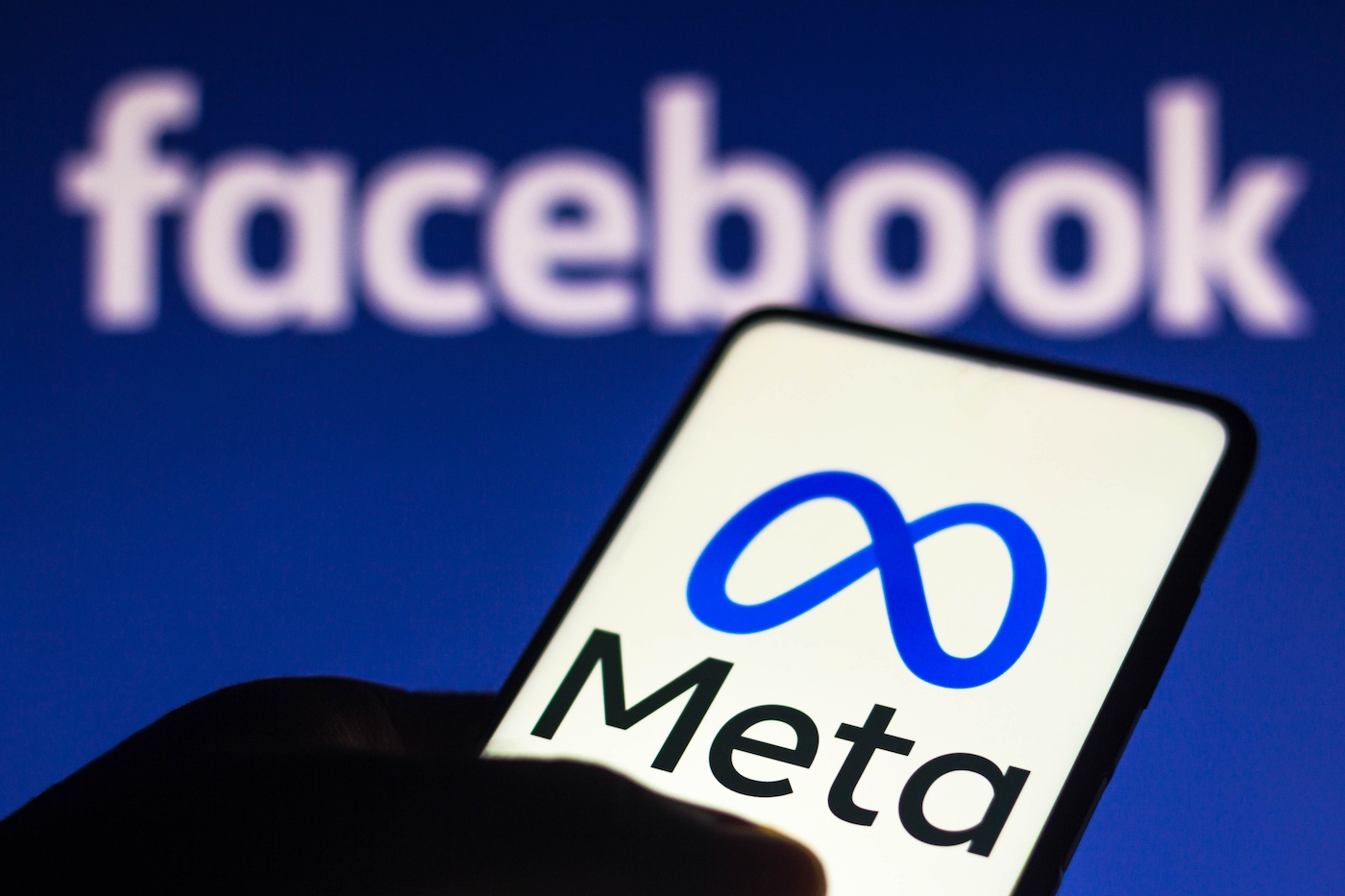The paid subscription of Instagram and Facebook does not convince the experts
Meta copied Twitter Blue by announcing Meta Verified, its own paid membership to certify Instagram and Facebook accounts. But experts do not really believe in this offer.
Failure in sight for Meta Verified?
For several Wall Street analysts, this subscription will not be able to generate short-term revenue equivalent to the colossal sums drawn from advertising revenue. “We don’t expect the new account verification service to exceed 1-2% of total revenue over the next 18 months,” predicts CFRA’s Angelo Zino. However, he insists on the need for Meta to diversify its sources of income at a time when inflation is weighing on advertisers’ expenses and when Mark Zuckerberg’s group is facing fierce competition in the online advertising market.
For Dan Ives of Wedbush Securities, launching a paid subscription is a gamble for Meta. “There could be a backlash from consumers who will never want to pay a dime for Facebook or Instagram and this move could push them out,” he said. Especially since the price could be prohibitive for some: 11.99 dollars per month for the Web offer and 14.99 dollars from the mobile application.
“For most Meta users, whether on Facebook or Instagram, this new offering is likely to be greeted with a shrug of the shoulders full of indifference,” anticipates Susannah Streeter of Hargreaves Lansdown. The analyst, however, thinks that small businesses and high-profile personalities may be tempted to pay to protect themselves from hacks or to obtain more visibility.
There was also a lot of reaction to making increased protection against identity theft a charge. “Security devices should NOT be put up for sale,” indignant cybersecurity specialist Kavya Pearlman, judging that this would create a digital divide between the richest and the less fortunate. She pleads for the bosses of the tech giants to fight more against scammers and spend less time charging their customers whose personal data they already exploit.
Even more bluntly, the Real Facebook Oversight Board, an anti-Meta activist group, asserted that “Facebook now wants [les utilisateurs financent] the harmful pattern that fuels all of its activity.”



